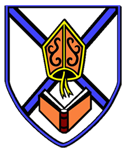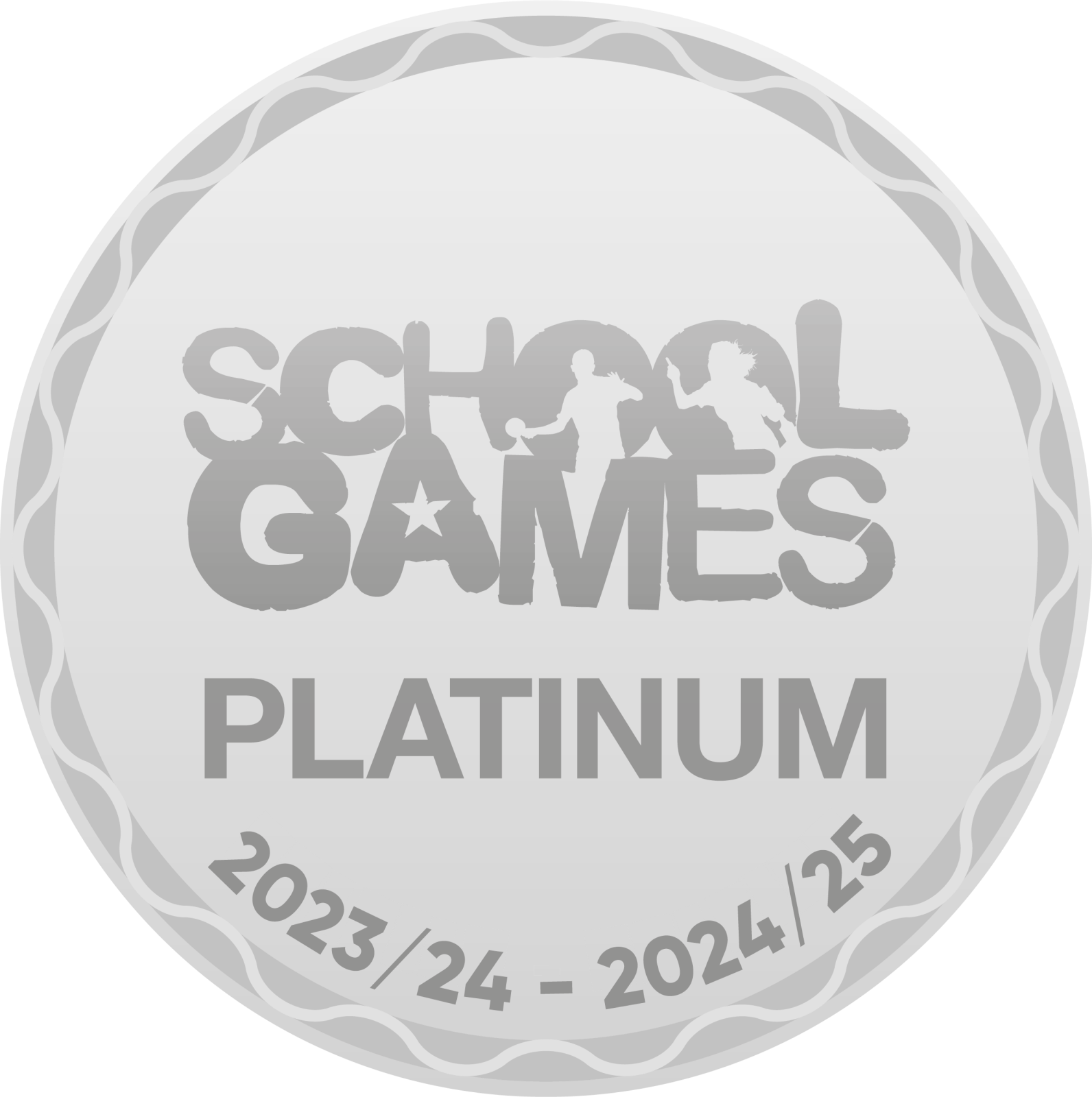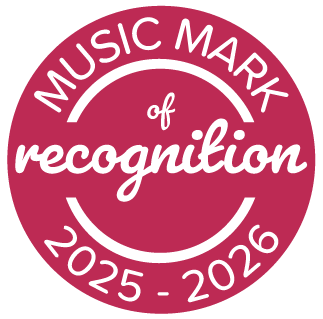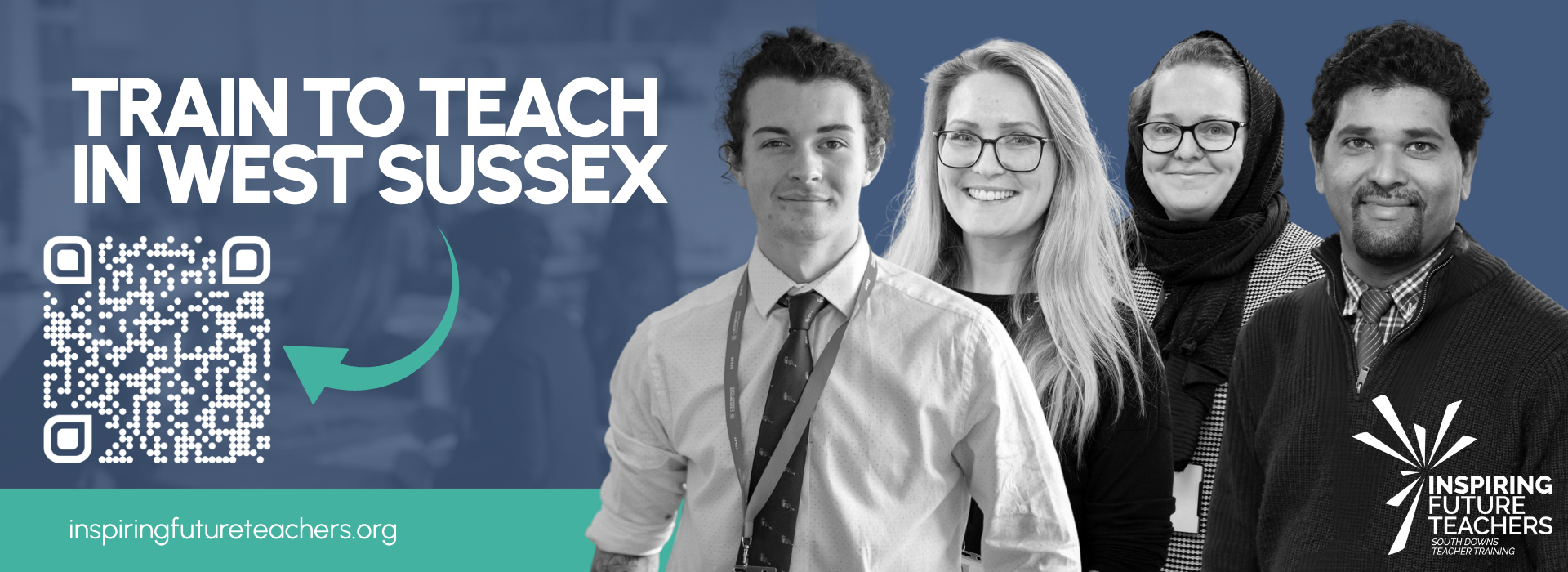RE
“My religion is very simple. My religion is kindness.” - Dalai Lama
“Compassion is the key in Islam and Buddhism and Judaism and Christianity. They are profoundly similar.” - Karen Armstrong
“RE helps us learn about different lives and cultures.” - year 3 pupil
“It’s important to learn about different religions so that we can learn to respect each other and our beliefs more.” - year 5 pupil
“Learning in RE helps us to understand how other people live their lives and we can have a better understanding of the cultures around the world.” - year 4 pupil
“I enjoy being able to discuss and debate different people’s points of view.” - year 6 pupil
Intent
At Thomas a Becket Junior School, we aim to deliver an engaging and creative Religious Education (RE) curriculum in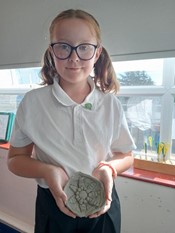 order to inform and inspire children to think about the ‘big questions’ in life whilst also promoting understanding and respect for those with different beliefs and religious/non-religious practices within our community. We intend to build a sense of community, in line with our TAB Way, from learning about ourselves and others and to prepare children for changes in their community as they grow into the wider world.
order to inform and inspire children to think about the ‘big questions’ in life whilst also promoting understanding and respect for those with different beliefs and religious/non-religious practices within our community. We intend to build a sense of community, in line with our TAB Way, from learning about ourselves and others and to prepare children for changes in their community as they grow into the wider world.
Our curriculum follows the Agreed syllabus for Religious Education 2020-2025 for West Sussex; this covers Christianity and other major world religions and beliefs systems (Islam, Hinduism, Judaism, Sikhism, and Buddhism) as well as non-religious views in our local community.
The aim of our RE curriculum is for pupils to:
- Have a comprehensive understanding of religions and belief systems.
- Use this knowledge to facilitate their spiritual, moral and cultural development.
- Have empathy for those with different beliefs from their own.
- Become confident with discussing other world views and philosophical open-ended questions using their talk phrases.
- Develop positive learning behaviours such as collaboration, independence, resilience and reflection which is all part of ‘The TAB Way’.
Implementation
RE lessons are taught weekly throughout the school and opportunities to celebrate the major holidays of different religions are often provided through asse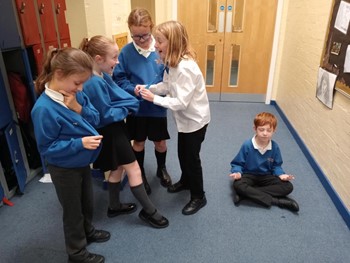 mblies. Teachers are made aware of important religious dates. Both sensitive and timely responses can be made to unforeseen events of a moral, religious or philosophical nature as and when they arise. Each unit in our school’s RE curriculum seeks to link religious experience and practice with everyday experiences the children may encounter. RE is closely linked to issues covered in PSHE. Together with PSHE, RE lessons promote social awareness, and respect for and tolerance of others.
mblies. Teachers are made aware of important religious dates. Both sensitive and timely responses can be made to unforeseen events of a moral, religious or philosophical nature as and when they arise. Each unit in our school’s RE curriculum seeks to link religious experience and practice with everyday experiences the children may encounter. RE is closely linked to issues covered in PSHE. Together with PSHE, RE lessons promote social awareness, and respect for and tolerance of others.
At Thomas a Becket Junior school, RE is planned on an enquiry basis. A question is posed to frame each unit of work (for example ‘What do we know about Jesus?’, ‘Why is Muhammad important to Muslims?’ and ‘How do people express their faiths through the arts?’). These lessons offer a structured and safe space for reflection, discussion, dialogue, and debate, where children can develop the skills to evaluate their own thoughts and opinions. These units are taught in creative and inspiring ways. Drama, music, stories, role-play and art are all used in the delivery of lessons.
During their time at Thomas a Becket Junior School, children have the opportunity through RE to do the followin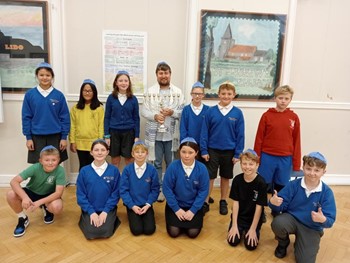 g:
g:
- Develop their knowledge and understanding of the Christian faith and of other principal religions,
- Respond to the ideas, beliefs and feelings of Christianity and other principal religions,
- Understand the influences of faith individuals on societies, communities, and cultures,
- Develop enquiry and response skills,
- Explore what it means to have a faith,
- Develop their sense of identity and belonging,
- Reflect on, analyse and evaluate their own beliefs, values and practices,
- Consider questions of meaning and purpose in life,
- Respect people with different beliefs, values and traditions,
- Make reasoned and informed judgements on religious and moral issues.
Impact
Children h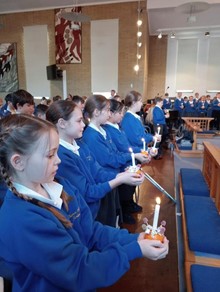 ave a good, broad knowledge of Christianity and world religions as well as non-religious world views and can use this to make links between common ideas and values. They also respect the differences between people who follow the same religion, different religions to themselves and non-religious world views. Children can empathise with those who hold contrasting beliefs from their own. Through reflecting on the ‘big questions’ in life and previous religious learning, children are able to start to make sense of the world around them and will continue this learning as they move through their lives.
ave a good, broad knowledge of Christianity and world religions as well as non-religious world views and can use this to make links between common ideas and values. They also respect the differences between people who follow the same religion, different religions to themselves and non-religious world views. Children can empathise with those who hold contrasting beliefs from their own. Through reflecting on the ‘big questions’ in life and previous religious learning, children are able to start to make sense of the world around them and will continue this learning as they move through their lives.
By the end of KS2, our aim is that all children will have developed the knowledge and skills to hold informed and balanced conversations about religion and belief, and be ready to build on this during the next stage of their academic journey.

